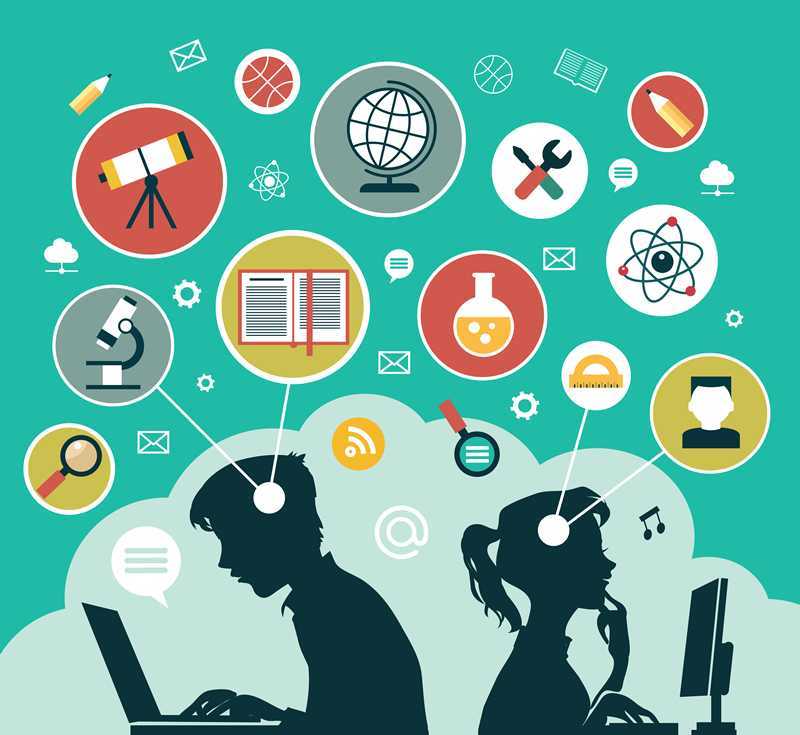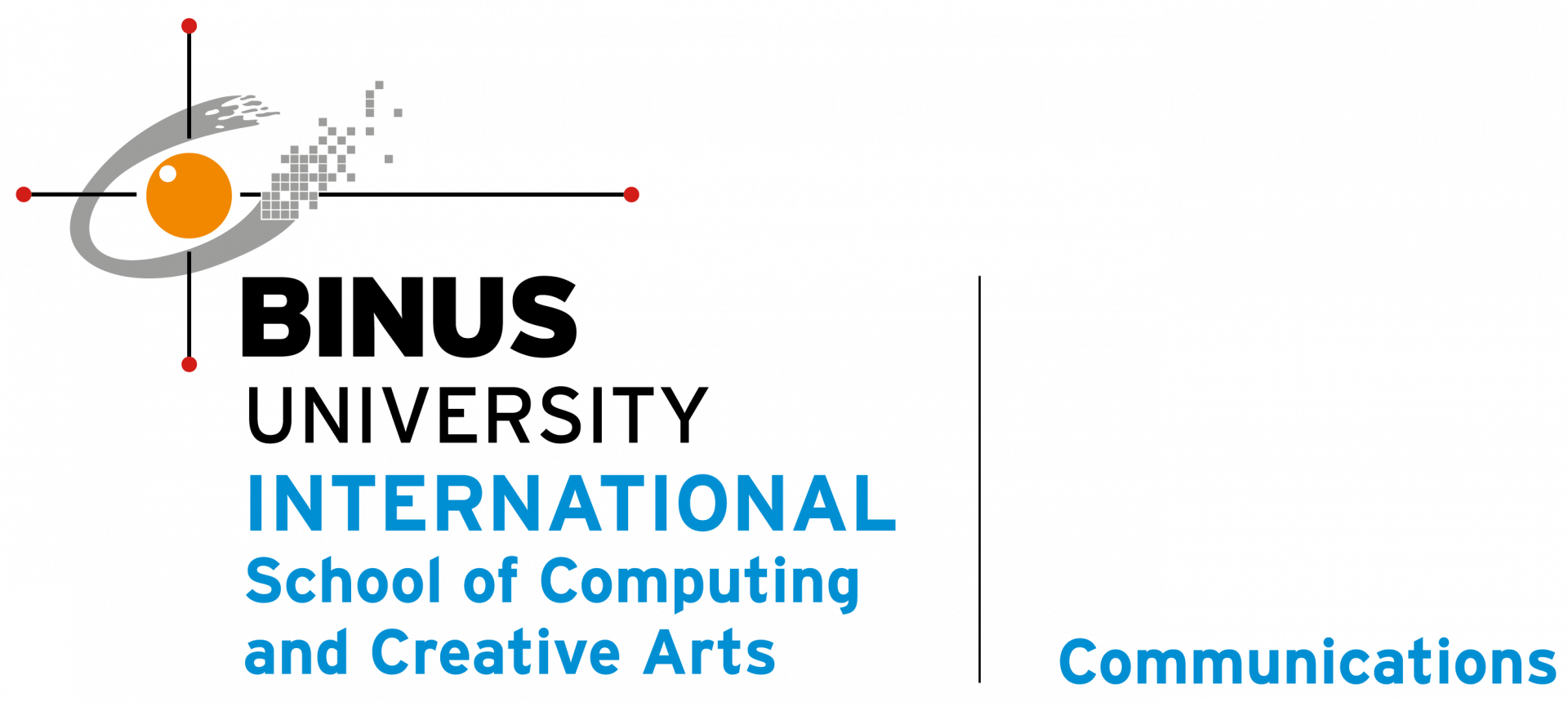Media literacy and digital literacy: The required skills in the digital age

With the rapid flow of information on the Internet, the likelihood of false information to disseminate is inevitably high. Despite the fact that 59 percent of the world population have access to the Internet (We Are Social-Hootsuite Global Report: Digital 2020), not all of them know how to use the information correctly and responsibly. It all depends on their information literacy as well as media literacy.
Talking about media literacy, it refers to ability to apply critical thinking skills to the mass media, thereby becoming a more aware and responsible citizen in our media-driven society. Sonia Livingstone defines media literacy as “the ability to access, analyse, evaluate and create messages across a variety of contexts” (2004). It includes skills and abilities required by the population at large to use today’s information and communication technologies effectively and safely.
According to Potter (2014), media literacy covers seven skills. The first skill is an ability to break down a message into meaningful elements. The second skill is knowing how to judge the value of the elements. Determining which elements are alike/different in some ways is the third skill. The next skill is the competence of inferring a pattern from a small set of elements and generalize the patterns to all sets. After that, it is also required for a media literate person to have capability of using general principles to explain particulars, assembling elements into a new structure, and creating a brief, clear, accurate description of the essence of the message
In the fast-changing digital-driven world, having media literacy is not enough. People need to be equipped with digital literacy in order to surf the net space safely. According to Unesco (2018), digital literacy is the ability to access, manage, understand, integrate, communicate, evaluate and create information safely and appropriately through digital technologies for employment, decent jobs and entrepreneurship. It includes competences that are variously referred to as computer literacy, ICT literacy, information literacy and media literacy.
People with good digital literacy acquires skills in some areas. To be dubbed as a digital literate person, they must be competent in information and data literacy, communication and collaboration, and digital content creation. In addition, they must possess safety and problem solving skills too to make best of their online experience with the other three skills.
All in all, being able to use digital communication devices and to access information on the Internet does not guarantee one having media and digital literacy. It takes some skills and continuous practices as well as self-consciousness to protect self from being harmed and harm others with our activities on the Internet. With media and digital literacy, we can make our world better with healthy lifestyle of information-searching and information-sharing.
Contributor: Lily El Ferawati, PhD.
Editor: Lily El Ferawati, PhD.

